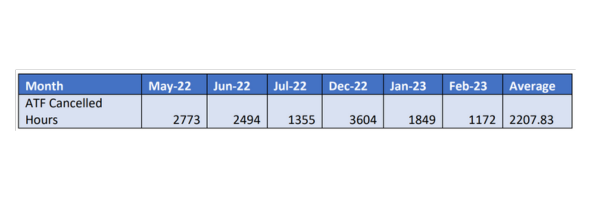NFDA has developed a model of delivery of delegated testing. NFDA has consulted a number of industry stakeholders in developing the model of delivery.
Overview
Since the introduction of Authorised Testing Facilities (ATFs) in 2010, ATFs have become integral to the HGV annual testing process. These facilities are where 98% of HGV annual safety testing is carried out and exist as the primary testing location of HGV testing across the country due to the flexibility and nearby locations that vehicle operators and businesses prefer. However, the current DVSA system in operation constrains the amount of HGV tests that take place across the UK, having an adverse impact on road safety and hampering efficiencies in supply chains across the country. This ultimately slows down the entire movement of goods within the UK.
Issue
The system currently limits the number of tests ATF operators can conduct as tests can only be performed by DVSA staff, restricting the number of potential testers. Furthermore, the current public-sector testing schedule of HGVs is out of sync with today’s operation of logistics and haulage, a business that proudly works on a 24/7 basis. This model means that thousands of hours’ worth of HGV
tests are cancelled/delayed on a monthly basis, keeping HGVs off UK roads and detrimentally impacting the economy.

Testing capacity in this country is restrained due to the variable testing dates required due to the operational demands in the logistics industry. The outcome is possibly fewer vehicles being checked and the safety of Heavy-Goods vehicles on UK roads being undermined.
The COVID-19 pandemic clearly highlighted that the current testing model is both outdated and out of pace with the modern logistics sector. Between late March 2020 and early July 2020, HGV testing was suspended entirely by the DfT & DVSA, leading to many HGVs on British roads being operating without having taken their annual safety test. This would not have happened if HGV testing had been delegated.
